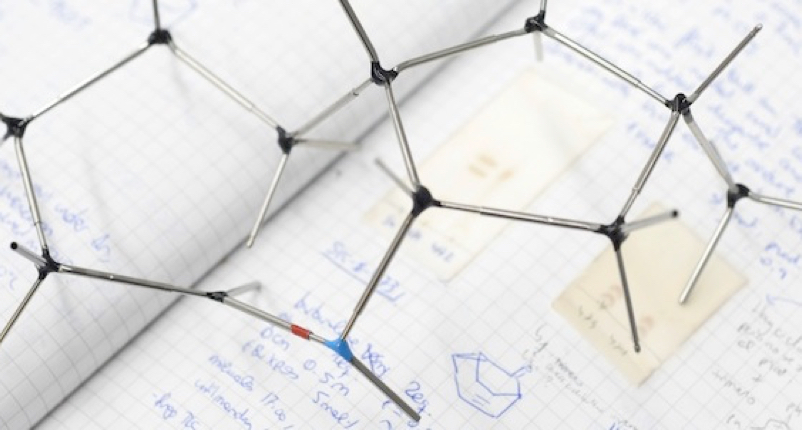Counterion Variation: A Useful Lever for Maximizing the Regioselectivity in the Hydroboration of Terminal Alkynes
The role of the counterion in metal-catalyzed reactionscan becrucial as this often-unconsidered component of the catalyst can modifythe performance of the catalyst and influence the reaction rate and/orselectivity of the transformation under study. Herein, we disclosethe effects of counterion variation in cationic halogen bond-assembledRh(I) catalysts in the hydroboration reaction of terminal alkynes,which leads to rather elusive branched (or internal) hydroborationproducts. Our studies showed that the higher the coordination abilityof the counterion, the higher the activity and selectivity towardthe hydroboration products. This observation was demonstrated by catalyticand spectroscopic (NMR, IR and X-ray) studies. An array of structurallydiverse alkynes was efficiently transformed into the correspondinghydroboration products employing the highest performing catalyst XBphos-Rh-OTf. The practicality of our synthetic method wasdemonstrated by developing one-pot hydroboration/Csp2-Csp2 coupling processes.

Martínez-Bascuñana, A.; Núñez-Rico, J. L.; Carreras, L.; Vidal-Ferran, A.
ACS Catal. 2023, 13, (15), 10447-10456
DOI:
10.1021/acscatal.3c02213

Let's create a brighter future
Join our team to work with renowned researchers, tackle groundbreaking
projects and contribute to meaningful scientific advancements


















